The piezoelectric input signal of a charge amplifier requires a highly insulated connector. Kistler charge amplifiers come with a multichannel connector that connects 4– to 8 channels with just one cable. Each input channel is also equipped with a standard BNC connector.
The preferred output signal in most cases is a digital bus signal, because this eliminates the additional effort of A/D conversion in the PLC. The VARAN bus has now become the standard in the injection molding machine segment of the mechanical engineering industry for injection molding machines. Our charge amplifiers are additionally equipped with conventional 0 to 10 V analog outputs, because these are also used frequently.

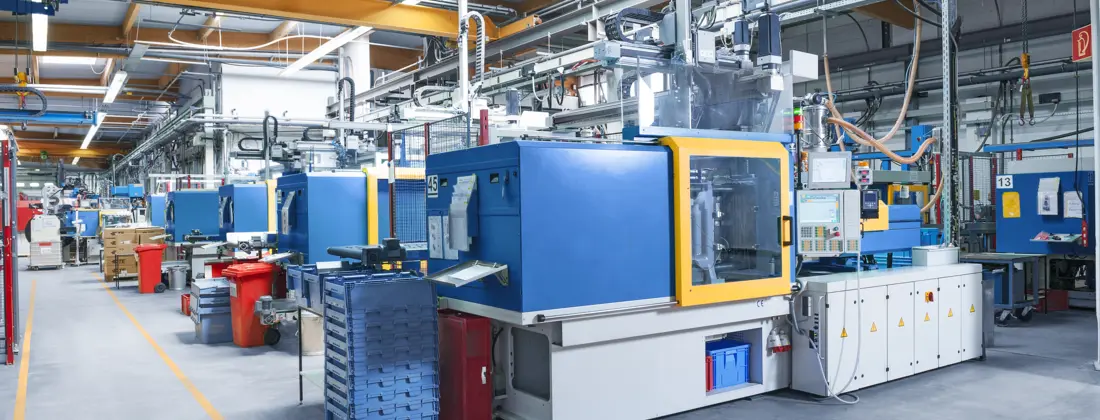
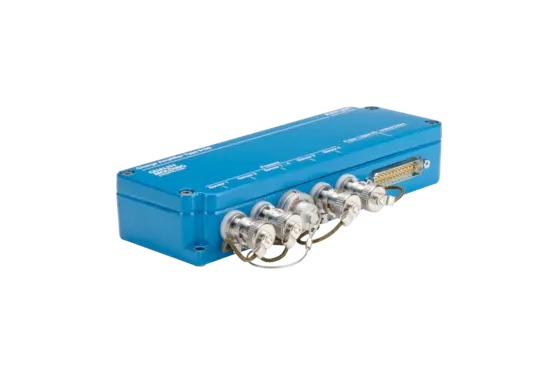
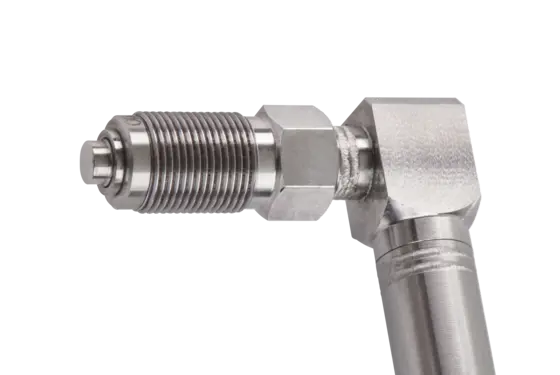

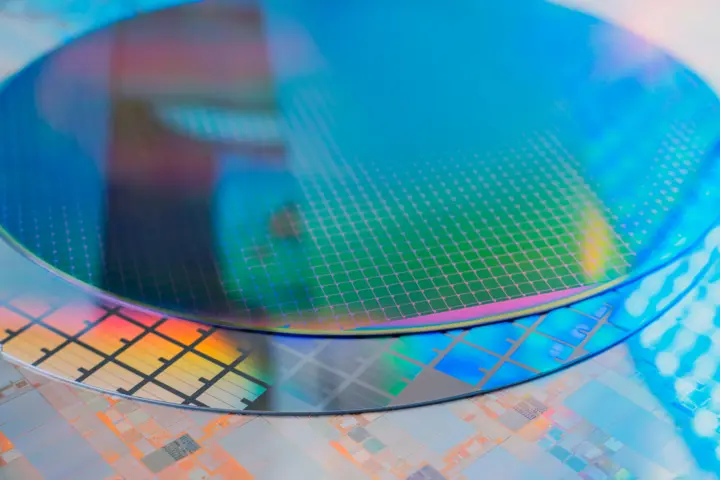
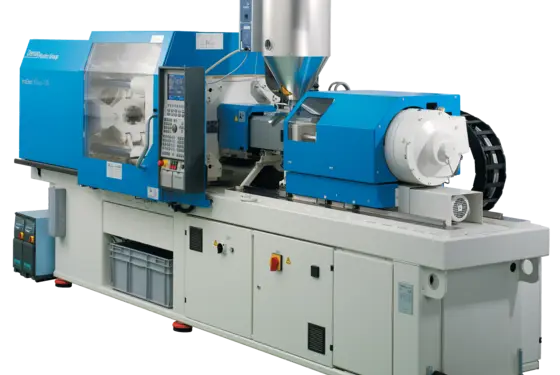
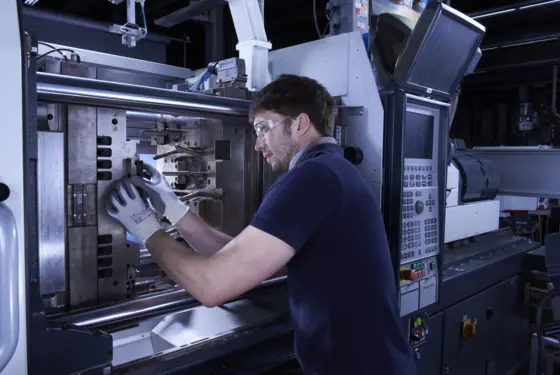
![Sensors and systems for Quality monitoring and process control in injection molding [object Object]](https://kistler.cdn.celum.cloud/SAPCommerce_Document_Preview/960-112e.webp)
![Process monitoring and control [object Object]](https://kistler.cdn.celum.cloud/SAPCommerce_Document_Preview/960-605e.webp)